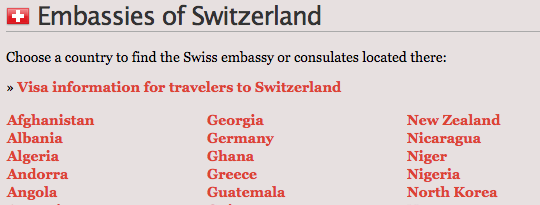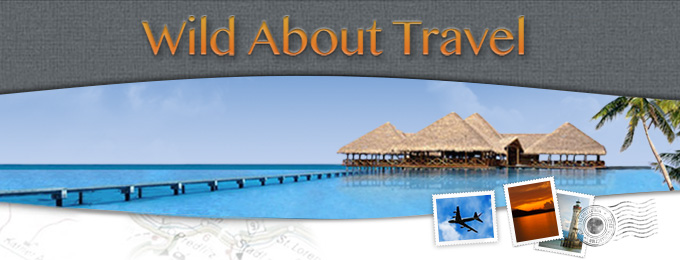Thank you for the comments and feedback on last weeks’ post on how to prepare for a potential disaster when you are travelling (terror related or natural disaster). One of the things I encouraged you to do was to “Know the contact number(s) for the Embassy, High Commission or Consular office in the city you are visiting“.
A few people indicated confusion over what an embassy is and what it can do. Like most people. I rarely encounter embassies, except for where I have friends working for one or I go to a Festival or public event at one. I have also voted in Australian elections at the Australian embassies in Madrid and Washington!

Cultural festival at Solomon Islands Embassy in Canberra
1. The Consulate
On six occasions in my life, I have fronted up to a consulate to get a visa to visit a country. Issuing visas is one of the primary roles of a Consulate. Check to see how the country you are visiting issues its visas. Do not assume you will get one on arrival as some countries require advance registration and a few only do it via a personal visit to a consulate.
Being the representation of the public administration of a country in a foreign country, consulates also issue, renew or replace passports of citizens of the country it represents. This is why you need the consulate details should you ever be robbed or careless.
A consulate will also report if you have a child in the country you visit or get married there. Sadly, should you die overseas, the Consulate will inform the relevant authorities in the home country about this too.
Finally, the consulate will help should a citizen be in a crisis situation but do not expect them to bail you out of jail or pay for a new ticket home!
Some consulates are Honorary Consulates (also known as Consular Agencies). These are managed by people who are usually citizens of the host country and not home country. They are generally locally trusted business people with some connection to the home country. For example, they may be married to a citizen of the home country or been involved with business or community affairs there.
An honorary counsel will undertake some or all of the functions of a regular consulate.
2. The Embassy
An Embassy is the centre of a diplomatic representative of a country’s government in another country. It acts as a communications channel between the embassy’s home country and the host country.
Most (but not all) embassies will have consular functions so when you go to and embassy for a passport or visa or for assistance, you will be working with the consular section.
In extreme situations, if it becomes dangerous to remain in the country and it is no longer possible to leave safely, an embassy may facilitate an evacuation of its citizens.
3. A High Commission
In the Commonwealth of Nations, (previously the British Commonwealth) the diplomatic mission is generally called a High Commission instead of an embassy. The most senior diplomat is a High Commissioner instead of an ambassador. So Australia has High Commissions in London, Ottawa and Wellington and Embassies in Berlin and Washington, DC
My Recommendation
I enter the address, email and number of the Australian Embassy or High Commission in the city or country I am visiting into my Tripit (you may use Tripcase or Kayak). This means it is in my phone and in a hard copy print out.
Finding Your Embassy
Two excellent websites that will help you find them are:
- Embassy Finder -find the country for the embassy you are looking for and click on it to reveal all of that country’s diplomatic posts globally

- Embassy Go Broad which is more specific. You choose the host country and then select the exact country you are looking for the embassy in

Related Posts
- What to do to prepare for a potential disaster while travelling
- All about Visas
- Lessons from “The Embassy” -seeing others get into trouble gives us some tips
- Terrific Tripit
- Don’t Be a Tourist Target!
- Back up Your Documents
- 113 of my free Travel Tips!



Leave a Reply